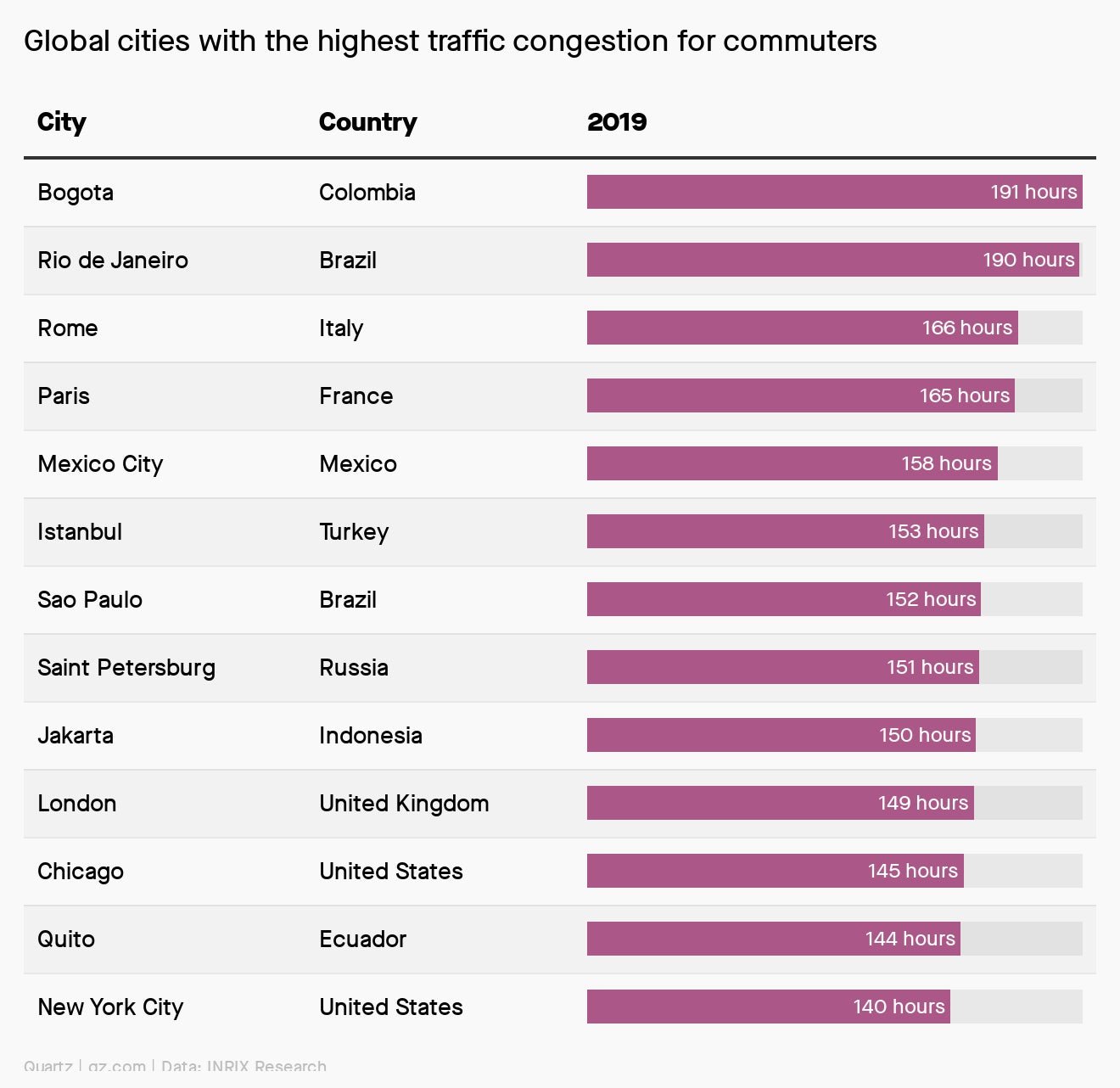Hong Kong’s true handover, US markets, canceling cars
Good morning, Quartz readers!

Good morning, Quartz readers!
Here’s what you need to know
US markets wrapped up their best quarter in decades. Despite fresh fears over potentially adding 100,000 new coronavirus cases per day, the S&P 500 closed up 1.5% on Tuesday, ending its best quarter since 1998. Of course, a 36% decline in March means the closely watched basket of equities is still around 10% off its all-time high.
The US government officially designated Huawei and ZTE as national security threats. The Federal Communications Commission decision means that the two Chinese firms will no longer be eligible to receive money from the body’s $8.3 billion universal service fund.
The EU extended its travel ban. The bloc’s entry ban for travelers from the US, Brazil, Russia, and India was extended indefinitely beyond a July 1 international reopening. Borders will be open to 14 non-European countries, including Australia and Japan, with an offer to receive Chinese travelers pending a reciprocal agreement.
Airbus finally announced its layoffs. After weeks of speculation, and citing reduced levels of air traffic that Airbus sees lasting as late as 2025, the European aerospace giant said it would cut 15,000 positions out of its 135,000-strong workforce by next year. Meanwhile, Boeing shares fell after Norwegian Airlines cancelled an order for 100 planes.
Adidas dismissed its HR chief. Karen Parkin, Adidas’s head of human resources and one of its six executive board members, is stepping down immediately from her role at the German sports giant amid employee complaints that she enabled racial discrimination at the company.
Hong Kong’s true handover
Today marks 23 years since Hong Kong’s handover from British rule to China. The city was supposed to retain a high degree of autonomy: the special territory would have an independent judiciary, for example, and far more robust protections of civil liberties than on the mainland.
But China has chipped away at that autonomy over the years, and has used the pandemic as an opportunity to pounce on Hong Kong. Yesterday, Beijing moved to directly exert control over Hong Kong by imposing a national security law that criminalizes a vast swath of activities and severely curtails freedoms. July 1, 2020 may well mark Hong Kong’s true handover.
The new national security law’s ripples were felt even before its passage. For the first time in nearly two decades, police banned the annual July 1 pro-democracy march. Foreign businesses like HSBC have been pressured to support the law, and the US is taking steps to revoke Hong Kong’s special trade status, a move that threatens the city’s future as an international financial and data hub.
But while these developments seem worrying, many protesters see them as signs that their laam caau strategy—daring Beijing to crack down further so governments will punish China and throw Hong Kong a lifeline—is finally paying off.
Charting the global traffic problem
Earlier this year, traffic analytics company Inrix released 2019 data collected from millions of GPS-enabled devices in cars—data used to power a number of navigation softwares, including Google Waze. We took a look under the hood to figure out which cities have the worst traffic in the world.

For members: Canceling cars
In many cities, cars have been king for decades, influencing urban planning to a degree that many feel needs to be walked back. Emptier streets due to the Covid-19 pandemic have provided a golden opportunity for some locations to stage a coup against the automobile (✦ Quartz member exclusive) by doubling down on some pre-pandemic tactics:
- Reward those who don’t use a private car
- Subsidize bicycle sales by giving citizens vouchers
- Make public transit free forever
- Propose new car-free bridges
- Add bike racks to buses
- Make bike shares part of the public system
- Expand time-saving bus lanes
- Resist the urge to make parking easier or free
✦ Read more about where these changes are happening, and why, in our field guide to the commuting revolution. That and a lot more are all yours with a Quartz membership—currently on sale for 50% off! ✦
What does the new future look like?
We asked 54 experts to tell us what life will look like in five years, and four of them named four different industries whose futures have been severely impacted—sometimes for the better!—by Covid-19.
“The way in which we travel, and think about traveling, has changed, and I’m sure this will be long-term.” —Yolanda Edwards, Founder, Yolo Journal
“In many ways, social distancing and stay-at-home orders have leveled the playing field for business owners.” —Harley Finkelstein, Chief operating officer, Shopify
“This catalytic moment offers us a unique opportunity to reimagine how students learn and, in turn, adjust our education systems and models for the future.” —John Goodwin, CEO, the LEGO Foundation
“The next five years need to be a time of drastic reengineering of our systems and structures to eliminate health disparities and know that in crisis we have the ability to ensure that resources and care are allocated equitably.” —Esther Choo, Associate Professor, Center for Policy & Research in Emergency Medicine, Oregon Health & Science University
Who do you think has the most accurate prediction?
Got your own write-in candidate for an industry that will never be the same again?
Surprising discoveries

High rollers turned out for a record-setting virtual art auction. A Jean-Michel Basquiat brought in the biggest sale Sotheby’s has ever seen on its digital platform.
A giant blue star has vanished from the sky. It could have become a black hole or…it could just be hiding behind dust.
Egypt struck gold. The deposit, located in the country’s southeast, is thought to contain 1 million ounces of the good stuff.
A Korean election winner finally finds justice. In a 2004 Kellogg’s PR stunt, the green-onion flavored cereal (and its mascot) was never meant to win over the chocolate variety.
Plexiglass dividers could make dining better. One lampshade-esque design had the unintended consequence of enhancing food aromas.
Our best wishes for a productive day. Please send any news, comments, savory cereals, and gold nuggets to [email protected]. Get the most out of Quartz by downloading our app on iOS or Android and becoming a member. Today’s Daily Brief was brought to you by Susan Howson, Mary Hui, and Max Lockie.